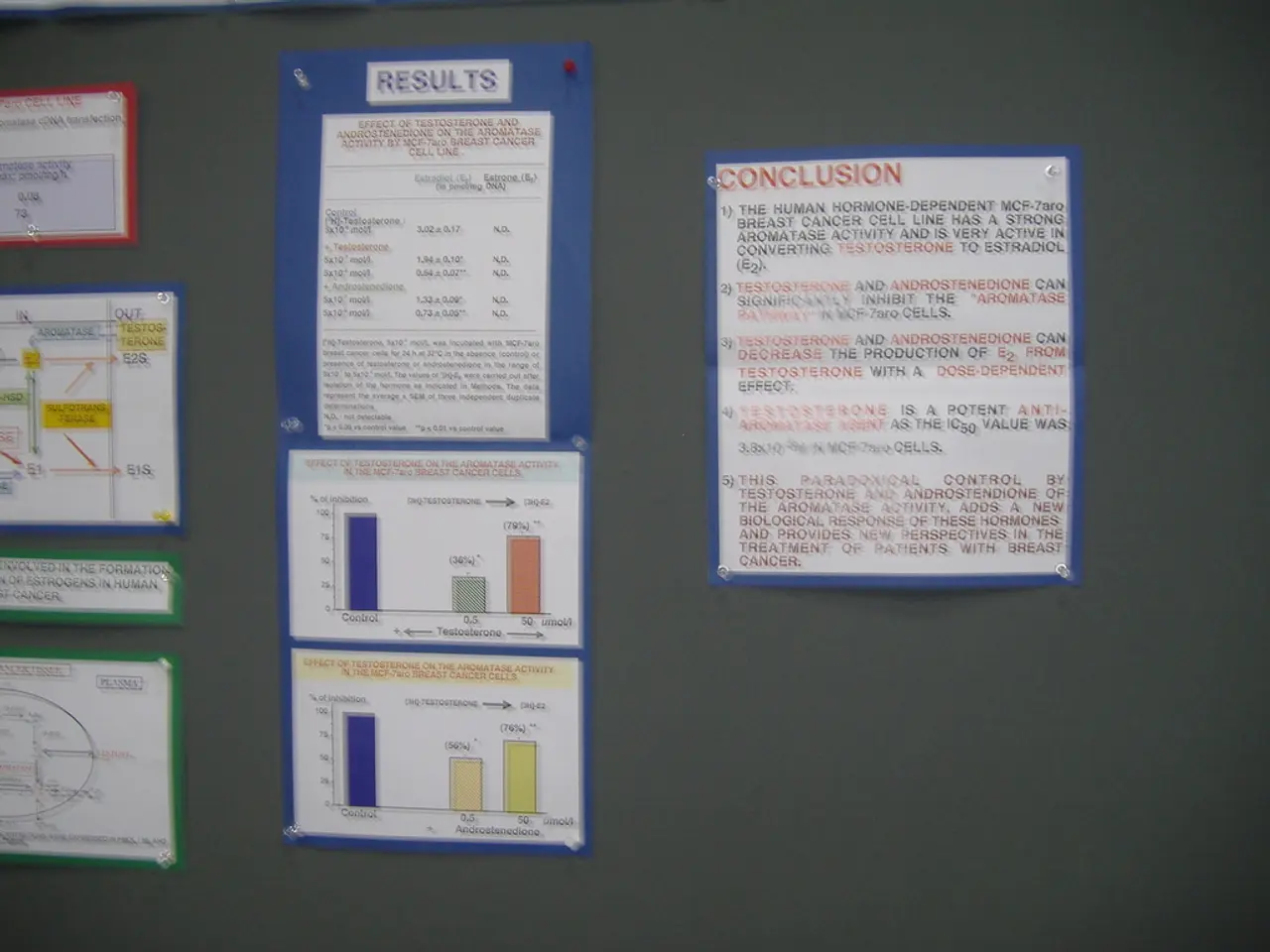Impact of Right to Manage Amendments on Business Sectors
### Title: Section 49 Changes in Leasehold and Freehold Reform Act 2024 Empower Leaseholders in Mixed-Use Schemes
The recent amendments to Section 49 of the Leasehold and Freehold Reform Act 2024 have significantly impacted the Right to Manage (RTM) claims for residential leaseholders in mixed-use schemes. These changes aim to improve the lives of leasehold homeowners and clamp down on unreasonable or extortionate charges.
#### Increased non-residential element threshold
One of the key changes is the increase in the non-residential element threshold from 25% to 50%. This means that leaseholders in schemes where the commercial or non-residential portion is less than or equal to half of the building can now qualify for RTM rights and can collectively take over the management of their residential parts more easily.
#### Clarification and simplification of eligibility
These changes also aim to clarify the eligibility criteria, removing ambiguity that prevented some leaseholders in mixed-use blocks from pursuing RTM rights. By increasing the non-residential threshold, leaseholders in such schemes are better positioned to organize and initiate RTM claims.
#### Implications for leaseholders
Leaseholders in mixed-use developments will have broader access to RTM rights, allowing them to manage the residential aspects of their buildings without interference from freeholders or landlords. This potentially results in better service quality and more transparency over management decisions and costs.
Along with other provisions in the Act, leaseholders will benefit from standardized service charge demands and improved access to information about costs, helping them scrutinize and challenge unfair service charges more effectively.
#### Implications for freeholders
Freeholders will face a greater likelihood of losing management rights, particularly in buildings where the non-residential part is below 50%. This diminishes their influence and income from management services. With the requirement for landlords to provide standardized, detailed information about service charges and administration fees, freeholders must adopt higher standards of accounting and transparency, which could increase administrative burdens and costs.
#### Implications for professional advisors
Solicitors, managing agents, and surveyors advising clients on RTM or leasehold enfranchisement must update their knowledge to reflect the new 50% non-residential threshold and other reforms in the 2024 Act to properly counsel leaseholders and freeholders.
Advisors will need to carefully assess the composition of mixed-use developments to determine eligibility for RTM and to manage the increased legal and procedural complexities arising from the changes. With stricter disclosure and reporting requirements, professional advisors will likely see increased demand to help landlords comply and leaseholders challenge unreasonable charges.
These changes form part of a broader set of reforms in the Leasehold and Freehold Reform Act 2024 designed to increase leaseholder protections, standardize service charge information, and enhance leaseholders' ability to challenge costs effectively. The right to manage provisions are expected to come into force in spring 2025, aligning with these wider reforms.
For leaseholders seeking RTM, it is crucial to engage property lawyers to assess the financial viability of RTM and ensure compliance with leasehold and building safety regulations. Leaseholders should also work with insurance brokers to secure appropriate coverage.
For freeholders, the new legislation means a loss of control over the management of qualifying buildings, potentially introducing new challenges in negotiating building insurance, handling long-term maintenance, and navigating service charge disputes.
In conclusion, the amendments to Section 49 represent a substantial shift that broadens leaseholders' RTM rights in mixed-use schemes by increasing the allowed non-residential proportion from 25% to 50%. This empowers leaseholders, challenges freeholders' control, and requires professional advisors to adapt to a more complex regulatory environment focused on transparency and fairness. The changes in the legislation could lead to the fracturing and diversification of ownership in historic areas of value and importance, potentially resulting in poorly managed buildings and reduced future investment.
- The increased non-residential element threshold from 25% to 50% in Section 49 of the Leasehold and Freehold Reform Act 2024 allows housing leaseholders in mixed-use schemes, where the commercial or non-residential portion is less than or equal to half of the building, to claim the Right to Manage (RTM), thereby fostering sustainability in the housing industry through better management and transparency.
- Financial advisors, including solicitors, managing agents, and surveyors, must adapt to the changes in the 2024 Act regarding the 50% non-residential threshold, as the increase in access to RTM rights for leaseholders could lead to a greater demand for their services in ensuring compliance, managing increased complexities, and challenging unreasonable charges in the finance and business sectors.




